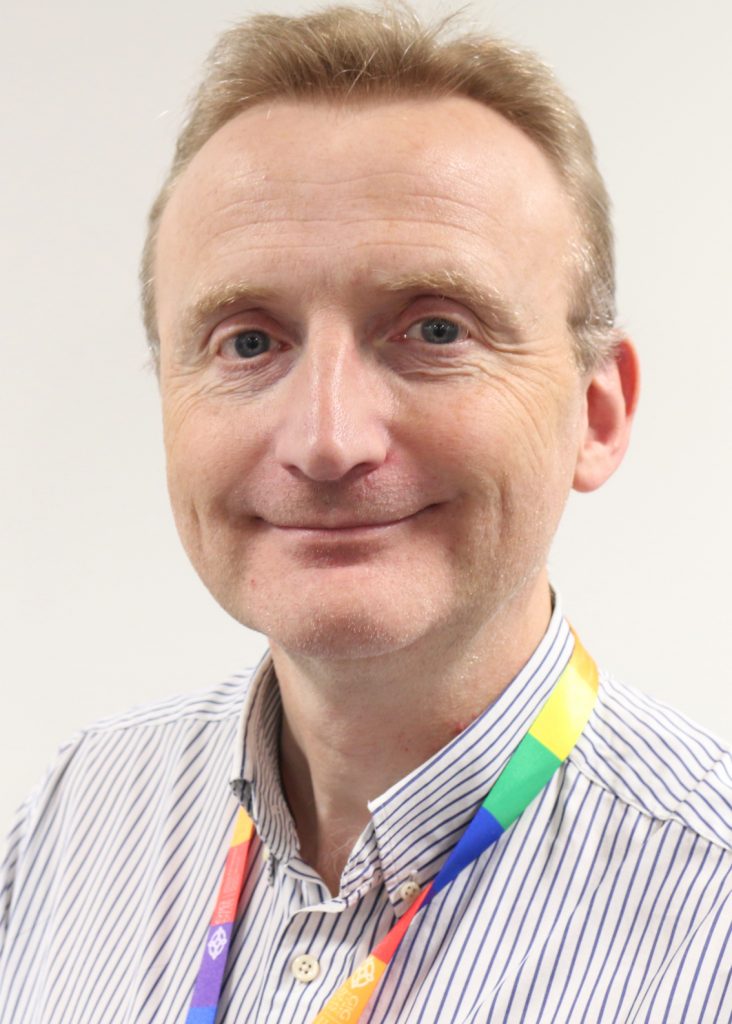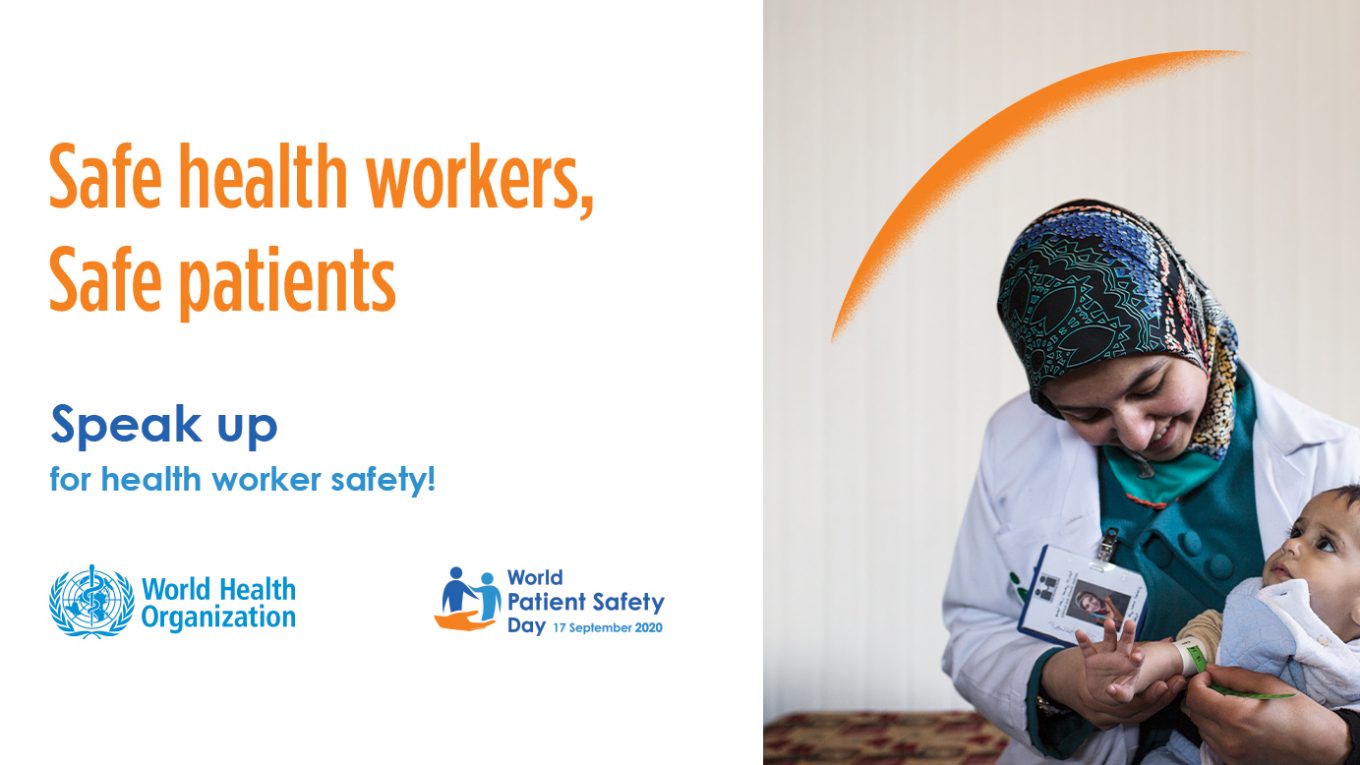World Patient Safety Day 2020 – Iain Roberts, Head of Programmes
In celebration of World Patient Safety Day, Iain Roberts, Head of Programmes at Improvement Cymru, shares a personal reflection on patient safety.

For any parent reading this you are probably aware of ‘Operation Ouch’ on CBeebies. It’s a medical show for kids hosted by two doctors, Dr Chris and Dr Xand van Tulleken. They also present a lot of medical shows such as ‘Trust me I am a Doctor’ and contribute to programmes like Horizon and Panorama.
I am a big fan of theirs. A few years ago, when my daughter was much younger, we went to the Cheltenham Science Festival. They were speaking at an event as part of the day. At the end of the session it just so happened that as we drifted out of the venue, they were leaving too. I thought I might be cheeky and ask about a photo. They couldn’t have been nicer and gave my daughter lots of attention.
“Keeping patients and staff safe has had more emphasis than ever before because of our efforts to minimise the spread of Covid.”
Recently they have been reporting on Covid and made some highly informative documentaries about the pandemic. On one programme, one of the twins went and visited a care home. The care home matron quite rightly made him follow all the hand washing regulations and the donning and doffing of PPE. The reason I mention this is because a highly visible TV personality, public health doctor, who was being coached by a matron and observed by a camera crew, made a mistake and had to wash his hands all over again.
On World Patient Safety Day perhaps pause and think about what this means. It is the intention of every clinician to maintain the highest standards of cleanliness in order to minimise the chances of cross infection, but it is so easy for something wrong to happen.
Keeping patients and staff safe has had more emphasis than ever before because of our efforts to minimise the spread of Covid. Recently, as part of the Covid response, a small group of my colleagues and friends stepped in to set up and operate the population sampling centre in Cardiff. We spent a long time discussing infection prevention control, donning and doffing and working in an environment where patients who were symptomatic of Covid were attending. My greatest fear was that my colleagues would not be safe and would catch the infection.
The work of Improvement Cymru has paused throughout the pandemic. Some of our work is now beginning to start up but it will be different and focussed on specific priorities. An example is that we are working with paediatric experts on Paediatric Observation Prioritisation score (POPS), it’s helping to communicate how sick children are and helping some clinicians in their decision making.
We believe that the improvement skills and knowledge that we offer to the service can support patient safety. We will soon be starting a piece of work to support the service in helping to minimise nosocomial infections. We are scoping this piece of work with expert colleagues who specialise in Health Care Associated Infections and we will be recruiting some additional team members soon.
Patient and staff safety is so important, the question often is where to start? Over the last decade, we saw the approach of the 1000 Lives Safety Campaign in Wales was to focus on some key elements of patient care, which if managed in a timely manner, could have an important role to play in improving outcomes. In the response to Covid one of the most important pieces of advice has been about increased hand washing.
Ignaz Semmelweis, the Hungarian physician, was right and if his advice had been heeded many lives might have been saved. Atul Gawande, the American surgeon, also acknowledged that somehow we can preserve the highest standards of cleanliness in theatre, and yet outside of theatres we can forget to wash our hands at critical moments.
We now come back to Dr Xand van Tulleken who bravely showed that under the pressure of the cameras and a matron, even he could make a mistake in donning and doffing and washing his hands.
I recently heard a clinical expert ask the question, ‘how do we bring our patients into hospital safely?’ The first step is to help to get the essential things done reliably.
My daughter, who is now 16, has asked me to say that she was very little when she met the van Tulleken twins. And although they were lovely, she no longer watches ‘Operation Ouch’. Sometimes I do.

